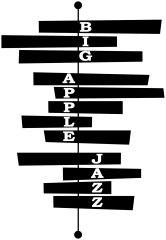New York City, NY
Oct 28th, 2025
Strange Fruit and the Stage: Billie Holiday’s Courage in Jazz History
Strange Fruit and the Stage: Billie Holiday’s Courage in Jazz History
Few voices in music history have carried as much emotion and truth as Billie Holiday’s. Known for her haunting tone and fearless storytelling, she didn’t just sing jazz, she lived it.
Through hardship, heartbreak, and raw honesty, Billie Holiday, also known as “Lady Day,” turned her pain into poetry. While Billie Holiday songs are many, one unforgettable song, “Strange Fruit,” changed American music, especially jazz, forever.
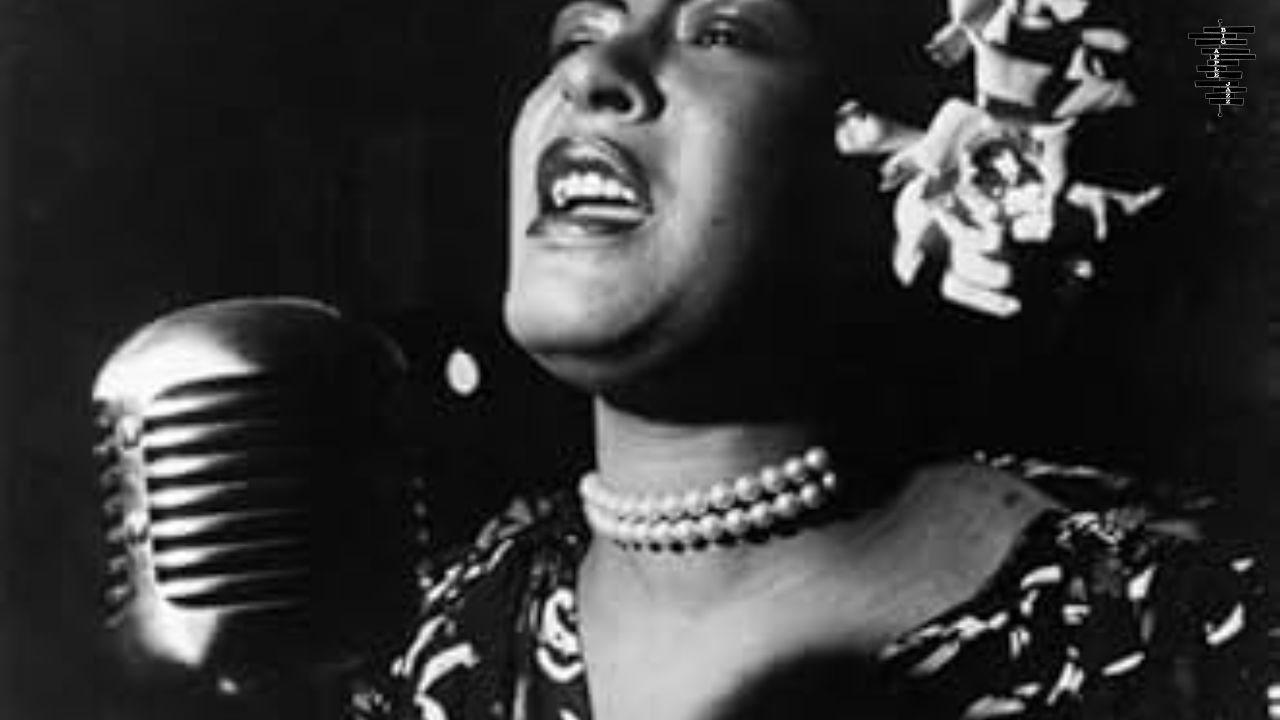

Early Life: The Roots of Resilience
Born in 1915 (her birth name was Eleanora Fagan), Billie Holiday grew up in the poverty of Baltimore. Her childhood was marked by struggle, yet her spirit refused to break.
As a teenager, she found comfort in the music of Bessie Smith and Louis Armstrong. Their emotion and freedom inspired her to sing, even before she had a stage.
She began performing in small Harlem clubs, where her voice (soft, smoky, and full of feeling) immediately stood out. She wasn’t loud, but every word she sang demanded attention.
By the early 1930s, she caught the ear of producer John Hammond, who helped her record her first tracks. Soon, the public realized that Billie Holiday was more than a singer: she was a storyteller whose voice could melt steel and move hearts.
Rise to Fame: A New Kind of Jazz Singer
In a time when jazz was dominated by big bands and upbeat swing, jazz singer Billie Holiday brought something new, that is, intimacy.
Her phrasing was unlike anyone else’s. She often bent time, drifting behind the beat to add emotion and meaning. She turned every song into her own story, even if she hadn’t written it.
Performing with legends like Count Basie and Artie Shaw, she broke racial barriers on stage. Touring in segregated America was dangerous, but Billie’s courage never wavered. She sang with elegance, even when the world wasn’t kind to her.
Her hits like “What a Little Moonlight Can Do” and “God Bless the Child” showed both her grace and grit. But her greatest act of bravery came with a song that spoke of a nation’s deepest wounds.
“Strange Fruit”: The Song That Shook America
In 1939, Billie Holiday recorded “Strange Fruit,” a song unlike any other of its time. Written by teacher Abel Meeropol, the lyrics described the horror of the lynching of African Americans.
“Southern trees bear a strange fruit,
Blood on the leaves and blood at the root…”
When Billie first heard it, she knew it was dangerous but necessary. She decided to make it part of her set at Café Society, New York’s first integrated nightclub.
Each night, the lights dimmed. The crowd fell silent. Billie stood still under a single spotlight, eyes closed, as the final words of the song, “Here is a strange and bitter crop,” hung in the air.
That performance became one of the most powerful moments in American music.
Courage on Stage: Defiance in Every Note
Singing “Strange Fruit” came at a cost. Many club owners banned her from performing it. The government saw her as a threat.
Billie refused to be silenced. She continued to sing it, even when it endangered her career. The Federal Bureau of Narcotics, led by Harry Anslinger, targeted her relentlessly. She was arrested for drug possession, lost her cabaret license, and was banned from performing in many venues.
But she never backed down. Even stripped of fame, she carried herself with grace and pride. Her courage turned pain into power and helped fuel the growing civil rights movement.
Billie’s Signature Sound: Emotion as Art
What made Billie Holiday truly remarkable wasn’t just her voice, it was her truth.
She didn’t have the range of Ella Fitzgerald or the training of Sarah Vaughan, but she had something deeper: soul. Every lyric felt lived-in, every pause filled with emotion.
Her phrasing, control, and subtle vibrato are the elements that told a story beyond words. She could take a simple love song and turn it into heartbreak.
Famous recordings
- “Don’t Explain”
- “Lover Man”
- “My Man”
- “You’ve Changed”
These recordings of Billie Holiday remain emotional landmarks in jazz. Her delivery was never about perfection, it was about honesty. That honesty became her signature.
Struggles, Scars, and Strength
Behind the stage lights, Billie’s life was turbulent. She faced racism, abuse, and addiction. The pressure of fame and constant persecution wore her down.
Yet even in her darkest moments, she kept performing. Her later recordings, especially “Lady in Satin,” reveal a fragile voice filled with pain but also resilience.
Every crack, every breath told her truth. Even as her health failed, her music remained full of heart.
Legacy of Defiance and Grace
Billie Holiday passed away in 1959, at only 44 years old. But Billie Holiday’s impact on music and on history has never faded.
“Strange Fruit” remains one of the most important protest songs ever recorded. It brought racial violence into public consciousness long before the civil rights era gained momentum.
Modern artists like Nina Simone, Erykah Badu, and Norah Jones all carry traces of her influence. Through them, Billie Holiday’s legacy continues to echo.
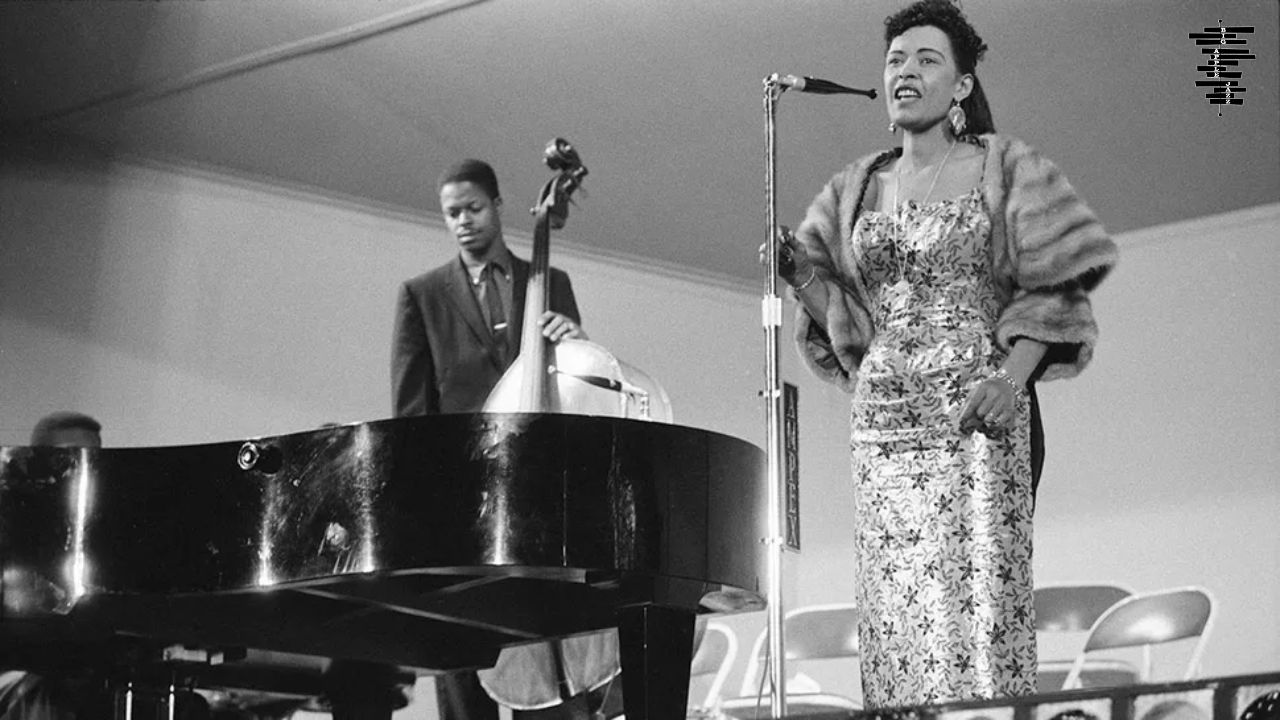

Billie Holiday’s Lasting Influence on Jazz and Justice
Billie’s courage reshaped both jazz and American culture. She proved that music could do more than entertain: it could confront.
The story of jazz singer Billie Holiday shows that art and activism are not separate. Her voice gave voice to those who couldn’t speak freely. And her song gave power to a movement still fighting for justice.
Key Lessons from Billie Holiday’s Journey
- She turned pain into timeless art.
- She used her platform to fight injustice.
- She broke racial and musical boundaries.
- She proved vulnerability can be powerful.
Final Thoughts
Billie Holiday performed at many places in New York, including Cafe Society (operated during 1938–1948) and Carnegie Hall (1891–Present). To explore the best jazz clubs in New York at your own pace today, book a private jazz tour.
Billie Holiday’s life was filled with struggle, but her art turned that struggle into beauty. On stage, she stood alone but fearless, fragile, and free.
“Strange Fruit” wasn’t just a song; it was a statement that shook a nation’s conscience. It remains proof that a single courageous voice can change the course of history.
Through her music, Billie Holiday taught us that truth, when sung with heart, can never die.
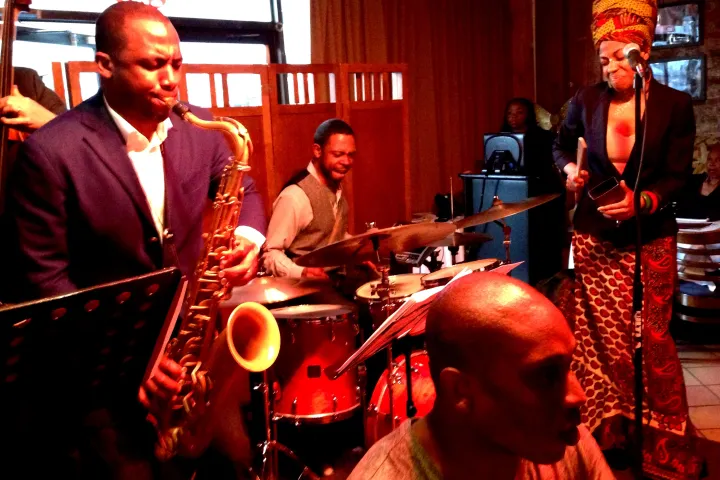

Harlem Juke Joint Tour
Your Harlem jazz tour guide customizes the best itinerary for each given night, based on the most talented players in Harlem’s most exciting jazz clubs.
185 Reviews


Harlem Juke Joint Tour
Your Harlem jazz tour guide customizes the best itinerary for each given night, based on the most talented players in Harlem’s most exciting jazz clubs.
185 Reviews
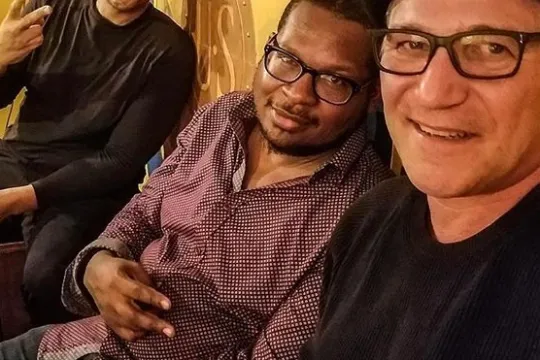

Private Tour
We’ll design your private jazz tour based on your tastes and our extensive knowledge of musicians, clubs and speakeasies throughout the city. We know what is happening nightly on and off-the-beaten-path.
185 Reviews


Private Tour
We’ll design your private jazz tour based on your tastes and our extensive knowledge of musicians, clubs and speakeasies throughout the city. We know what is happening nightly on and off-the-beaten-path.
185 Reviews


Greenwich Village Jazz Crawl
Intimate Greenwich Village Jazz Tour to discover and explore two hidden jazz haunts and the sites where Billie Holiday, Charlie Parker, and Bob Dylan made history.
185 Reviews


Greenwich Village Jazz Crawl
Intimate Greenwich Village Jazz Tour to discover and explore two hidden jazz haunts and the sites where Billie Holiday, Charlie Parker, and Bob Dylan made history.
185 Reviews
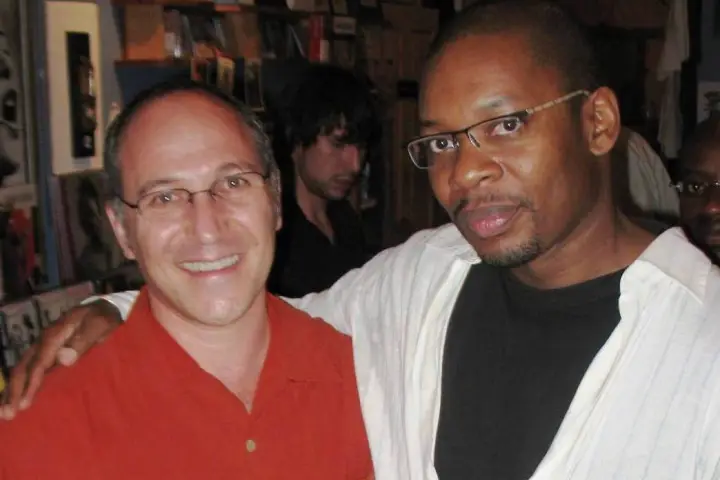

Legends of Jazz Tour
This is our premium tour! It features jazz’s international superstars, and also rising stars who deserve wider recognition.
185 Reviews


Legends of Jazz Tour
This is our premium tour! It features jazz’s international superstars, and also rising stars who deserve wider recognition.
185 Reviews


Gordon Polatnick
Gordon is the founder of Big Apple Jazz Tours. What started as a personal challenge to discover and document all of New York’s hundreds of jazz joints and to establish Harlem’s first jazz day club, has now blossomed…
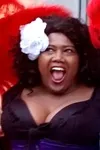

Amanda Humes
There’s no one in New York City like Amanda! Equal parts sass, smarts, and customer service – Amanda is the Harlem resident, Columbia University graduate, and…
